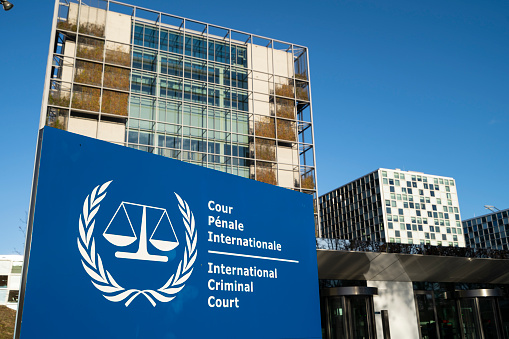
ICC condemns U.S. sanctions against its officials over U.S.-related investigation

The International Criminal Court on Wednesday condemned a move by the United States to impose economic sanctions on its Chief Prosecutor and a member of her Office for investigations into American citizens.
Earlier on Wednesday, U.S. Secretary of State Mike Pompeo said the U.S. would designate ICC Prosecutor Fatou Bensouda and Phakiso Mochochoko, the head of the Jurisdiction, Complementarity and Cooperation Division of ICC.
Pompeo said the U.S. would not tolerate the ICC’s “illegitimate attempts to subject Americans to its jurisdiction.”
The ICC said in a statement that the measures by the U.S. were “another attempt to interfere with the Court’s judicial and prosecutorial independence and crucial work to address grave crimes of concern to the international community.”
“These coercive acts, directed at an international judicial institution and its civil servants, are unprecedented and constitute serious attacks against the Court, the Rome Statute system of international criminal justice, and the rule of law more generally,” the ICC said.
“The Court continues to stand firmly by its personnel and its mission of fighting impunity for the world’s most serious crimes under international law, independently and impartially, in accordance with its mandate.”
In March, the ICC authorised an investigation into possible war crimes in Afghanistan, including those that may have been committed by U.S. military and the CIA, which could lead to the indictment of U.S. military and intelligence personnel.
In June, President Donald Trump then signed an executive order allowing the U.S. to block the assets of ICC employees and bar them from entering the country.
Trump’s move attracted opposition from the international community and some the United States’ allies.
The ICC, established when the Rome Statute came into effect in 2002, prosecutes crimes of genocide, war crimes, crimes against humanity, and the crime of aggression. The United States, however, refused to join the treaty.






